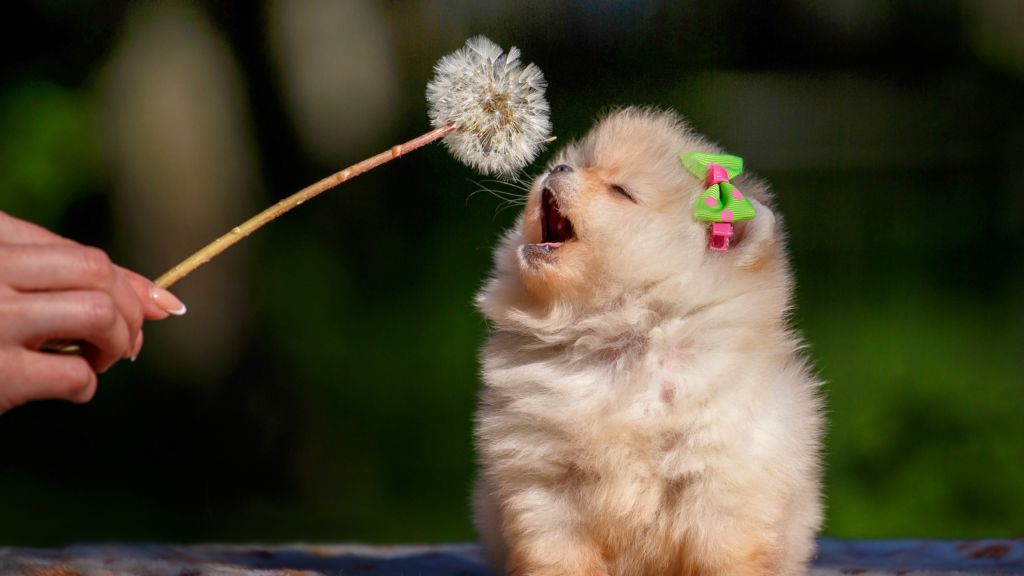Welcoming a new puppy into your life is an exciting and rewarding experience. These adorable bundles of joy bring love, laughter, and a whole lot of cuteness. However, it’s important to understand that puppies go through various developmental stages as they grow into happy, healthy adult dogs.
Let’s explore the different puppy developmental stages, from birth to adulthood, so you can better understand and support your furry friend’s growth and well-being!
Stage 1: Neonatal Stage (0-2 Weeks)
The neonatal stage begins from birth and lasts for approximately two weeks. During this period, puppies are completely dependent on their mother for warmth, nourishment, and protection. Their eyes and ears are closed, and they spend most of their time sleeping and nursing. Ensuring a calm and quiet environment is crucial during this stage to allow proper bonding with the mother and littermates.
Stage 2: Transitional Stage (2-4 Weeks)
Around two to four weeks of age, puppies enter the transitional stage. Their eyes begin to open, and they start exploring their surroundings. This is an important time for socialization, as they learn to interact with their littermates and develop basic motor skills. The mother continues to play a vital role in their care, but they also start to consume solid food during this stage.
Stage 3: Socialization Stage (3-14 Weeks)
The socialization stage is a critical period in a puppy’s life and typically occurs between three to fourteen weeks of age. During this time, they are highly receptive to new experiences, people, animals, and environments. Introducing your puppy to different sights, sounds, smells, and gentle handling is essential to build their confidence and prevent fear and aggression issues later in life. Puppy classes and controlled interactions with well-mannered adult dogs can also aid in proper socialization.
Stage 4: Juvenile Stage (3-6 Months)
From three to six months, puppies enter the juvenile stage. They become more independent and curious, often testing boundaries and exhibiting bursts of energy. This is the time when proper obedience training and positive reinforcement techniques play a crucial role in shaping their behavior. Providing mental stimulation, structured playtime, and consistent routines helps them develop self-control and good manners.
Stage 5: Adolescent Stage (6-18 Months)
During the adolescent stage, which lasts from six to eighteen months, puppies experience rapid physical and sexual maturity. They may exhibit behaviors similar to the “terrible twos” in human children, such as stubbornness and selective hearing. Patience and persistence are key during this stage, as consistent training and positive reinforcement help them navigate through the challenges of adolescence.
Stage 6: Young Adult Stage (12-24 Months)
Around one to two years of age, puppies reach young adulthood. They have typically finished growing physically, although some larger breeds may continue to mature for a bit longer. By this stage, they have developed their adult personalities and behavior patterns. Continuing regular exercise, mental stimulation, and maintaining a balanced diet are vital for their overall well-being.
Summary:
Understanding the various developmental stages of your puppy’s life is crucial for providing the right care, training, and socialization they need to become well-adjusted adult dogs. Each stage brings unique challenges and joys, and by supporting their growth and development, you’ll build a strong bond that lasts a lifetime. Cherish every moment of your puppy’s journey, and embrace the joy and love they bring into your life.
